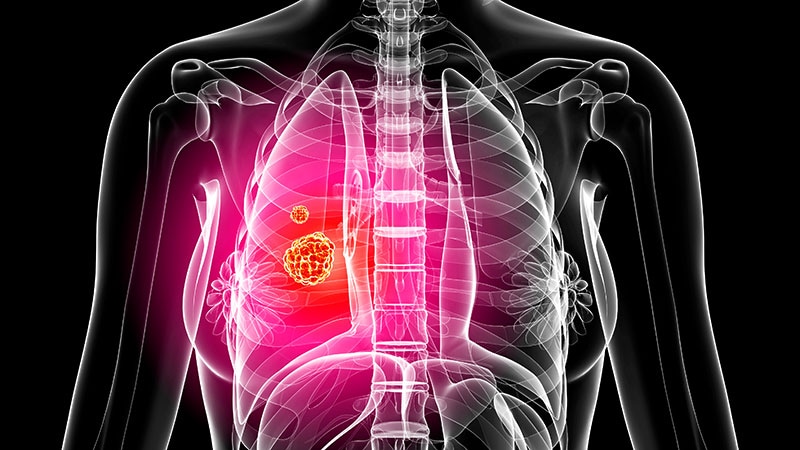Takeaway
- Updated vaccination recommendations for solid organ transplant (SOT) candidates and recipients reinforce the need to prevent infection-related morbidity, mortality in this population.
Why this matters
- Ensure current vaccination status in all transplant candidates, recipients.
- Administer inactivated vaccines ≥2 weeks pretransplant for adequate immune response.
- Administer live attenuated vaccines ≥4 weeks pretransplant to ensure resolution of vaccine-related viral replication.
- Influenza vaccine can be given 1-month posttransplant.
- Vaccinate household, close contacts against measles, mumps, rubella (MMR), varicella to prevent SOT recipient from wild-type virus exposure.
Key recommendations
- Influenza: strongly recommended; in posttransplant high dose, booster dosing in same season confers greatest immunogenicity, preferred over standard dosing.
- Administer inactivated vaccine in health care workers, close contacts unless live attenuated vaccine is the only option.
- Hepatitis B: offer pretransplant via accelerated schedules (0, 1, 2 months or 0, 7, 21 days); use high dose (40 µg) in posttransplant setting.
- Monitor titers for revaccination.
- Both pneumococcal vaccines 23-valent polysaccharide (PPSV23), 13-valent protein-conjugated (PCV13) are recommended.
- Vaccine-naive: administer PCV13 followed by PPSV23 ≥8 weeks after.
- Meningococcal: provide routine quadrivalent vaccine to children; vaccinate at-risk adults pre- or post-SOT.
- MMR, varicella: generally contraindicated.
- HPV: administer pre-, posttransplant to at-risk patients meeting age criteria.
- Herpes zoster (subunit) vaccination highly recommended in SOT patients aged ≥50 years.
References
References

